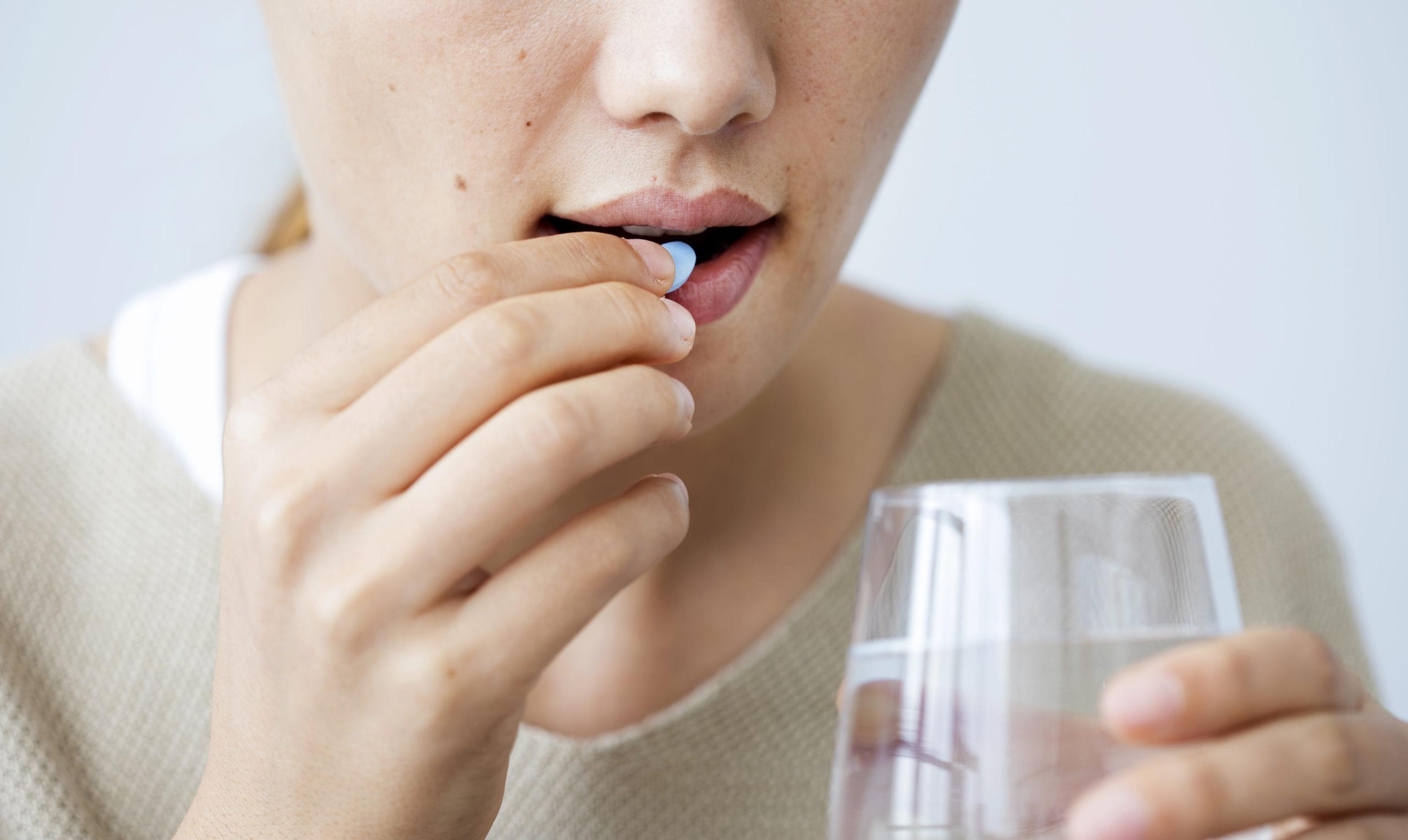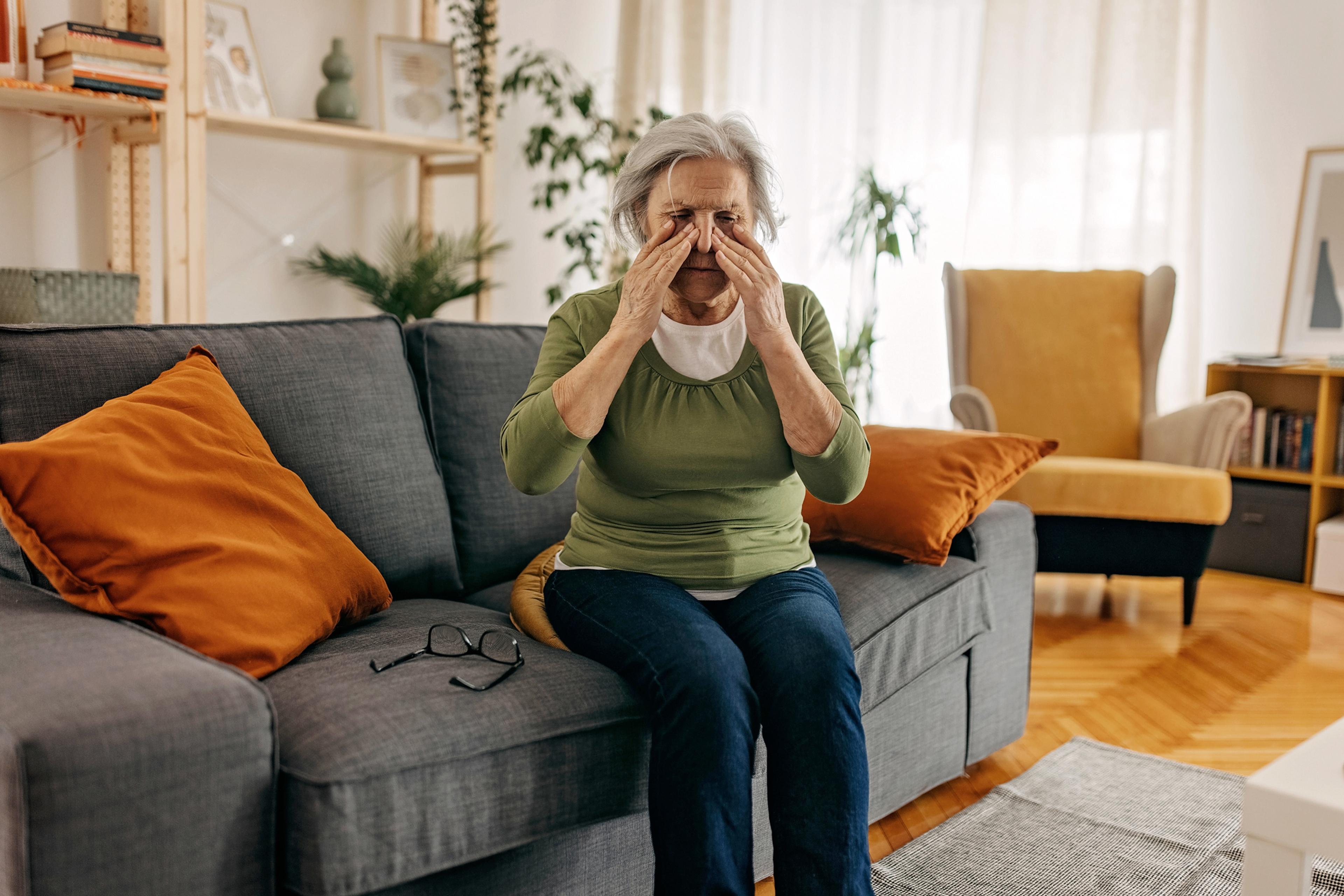Why It’s So Important to Finish and Dispose of Your Antibiotics Properly
Shandra Martinez
| 3 min read

Each year, healthcare providers write about 270 million prescriptions for antibiotics, according to the Centers for Disease Control and Prevention. Of these, most are prescribed by primary care physicians, nurse practitioners and physicians assistants. Surgeons, dentists and emergency care doctors also authorize millions of courses of antibiotics for their patients. As with any medication prescribed by a health care provider, it is important to finish an antibiotic prescription completely, as directed. However, this can prove difficult for some people. Some may begin to take it for a few days, then forget about their daily doses. Or, others might take almost all of it, but stop a few days before the end of the prescription because they are feeling better. Not finishing your entire prescription can lead to bigger health problems, though, experts say. Antibiotics are medicines used to treat or prevent infections that are caused by bacteria such as: strep throat, urinary tract infections and infections after surgery.
Why you should finish your prescription
Antibiotics work most effectively when you take them exactly as your healthcare provider has prescribed them. You should keep taking them even if you are feeling better. Prescriptions are written for a set length of time for a reason. Healthcare providers know that specific doses of antibiotics need to be taken for a certain length of time to kill certain kinds of bacteria. If an antibiotic prescription is not finished, you could become sick again, according to the CDC. This could happen because you’re feeling better and you might think you are over an infection. But, some of the bacteria may still be hanging on in your body. In this case, it could start to multiply, causing the infection to return and the remaining bacteria to become resistant to the antibiotic that was originally prescribed, making it more difficult to treat an infection if it returns.
Proper disposal of antibiotics
In the case that a healthcare provider instructs you to stop taking a prescribed antibiotic, it is important to dispose of it properly. Antibiotics should not be used again for future illnesses or used for any illness for which they’ve not been prescribed. They should never be shared with anyone. There are a couple of main ways to properly dispose of unused antibiotics. The first are drug take-back programs that have expanded across the country in recent years, according to the CDC. The U.S. Drug Enforcement Administration sponsors National Prescription Drug Take Back Days in many communities. Many local police departments and pharmacies also host take-back programs in which they invite people to bring in any type of unused medications. Another option is to place unused antibiotics in your household trash. The CDC recommends taking these steps first, though:
- Remove the drugs from the original containers. Stir them into something undesirable like cat litter, coffee grounds or dirt.
- Put the mixture in a re-sealable bag or a container you can close.
- Throw the container in the garbage.
- Remove all your personal information from the empty antibiotic bottle or package. Throw away the packaging.
Related:
- Mail-Order Prescriptions: Better for Your Health and Budget
- Beware the Dangers of Keeping Unused Prescriptions
- Dispose of Unused Medications on Drug Take Back Day
Photo credit: Getty





